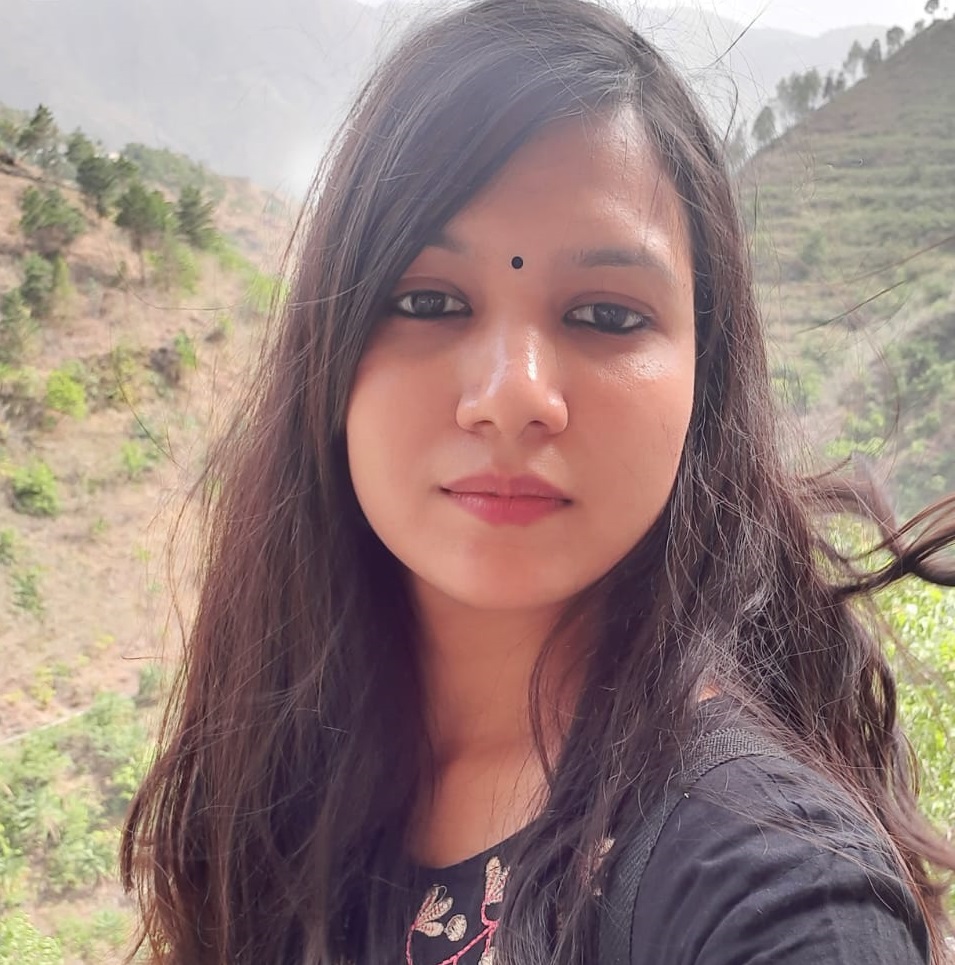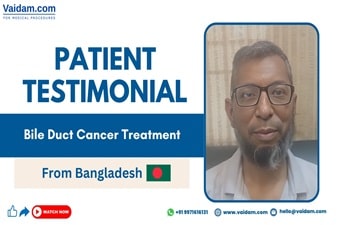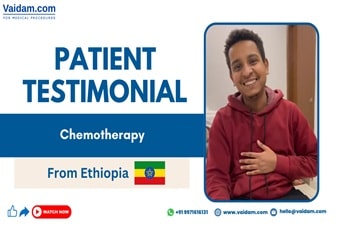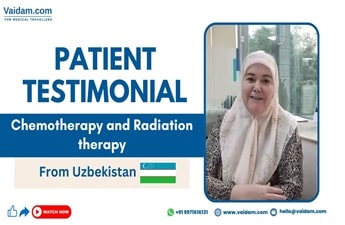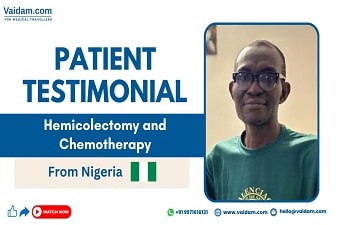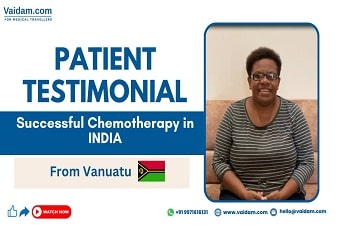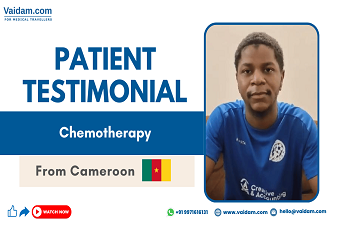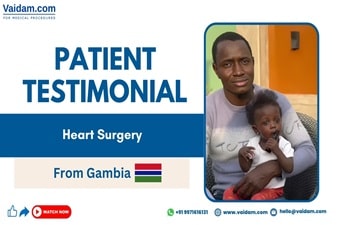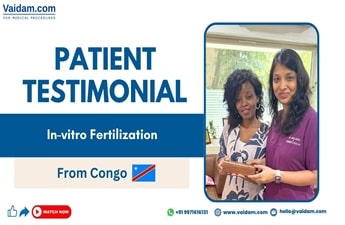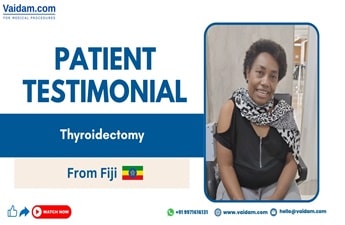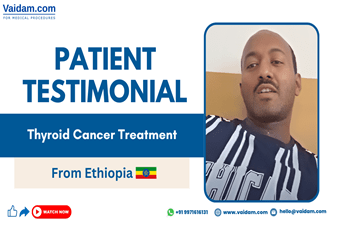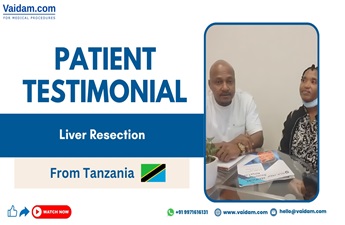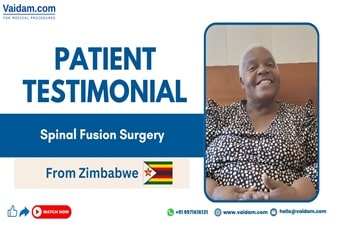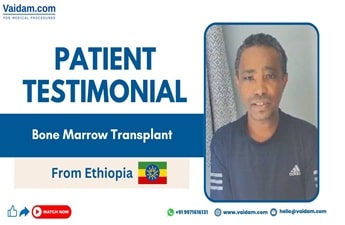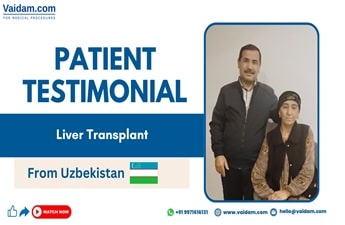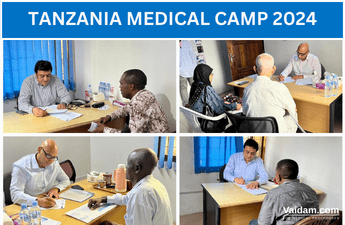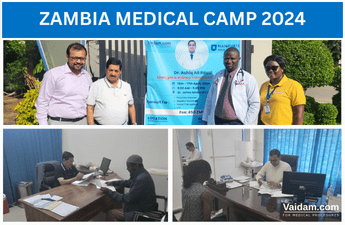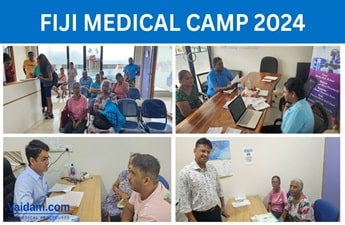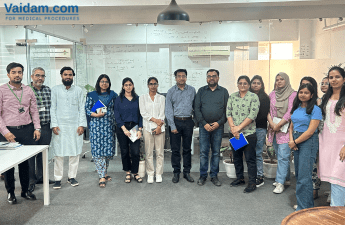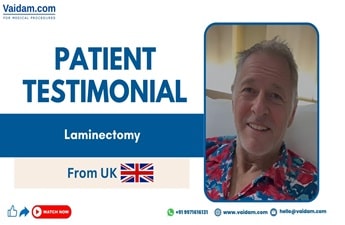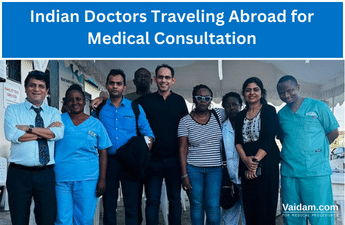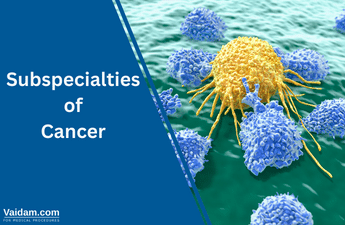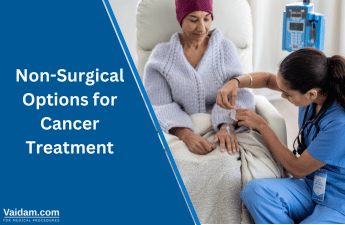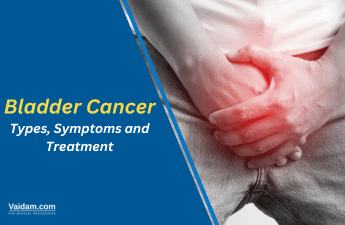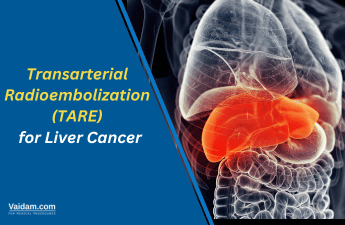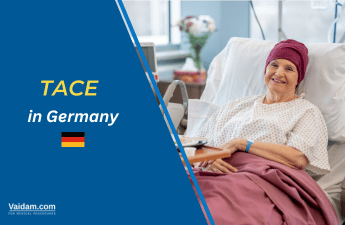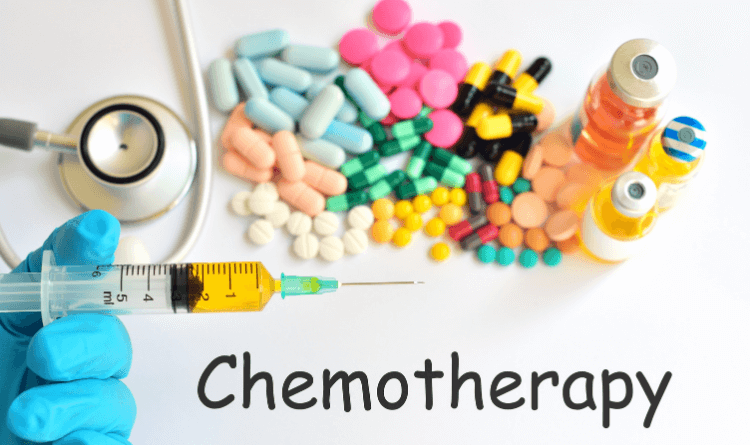
India's healthcare has witnessed remarkable progress in recent years, with the establishment of state-of-the-art cancer centers, advancements in medical technology, and increased accessibility to chemotherapy drugs.
The development of different pharmaceutical companies and the availability of cost-effective generic medications have significantly expanded the reach of Chemotherapy, making it more affordable and accessible to a larger population.
But, despite the immense progress made, challenges persist in ensuring widespread access to Chemotherapy across all regions of India. Differences in healthcare infrastructure, limited awareness about cancer prevention and early detection, and socioeconomic factors pose barriers to timely diagnosis and optimal treatment.
However, efforts are being made to address these challenges, including expanding cancer screening programs, training healthcare professionals, and implementing supportive care services to manage chemotherapy side effects effectively.
Chemotherapy cost in India for Indian Patients is Rs. 44400 to Rs. 59200, while the price for International patients is USD 900 to USD 1100.
Get in Touch with Medical Experts
Understanding Chemotherapy
Chemotherapy means using chemicals to inhibit malignant cells or the infectious agents of a disease, such as microorganisms, without much affecting the host cells. Early micrometastasis is a characteristic feature, indicating that a systemic approach with Chemotherapy is required for effective cancer management.
Chemotherapy is often combined with radiotherapy for subsequent surgical resection in patients with locally advanced disease, improving clinical outcomes. When cancer is detected at an advanced stage, Chemotherapy alone is effective in curing less than 10% of all patients.
Depending on the type of cancer, the dosage form of chemotherapy drugs are:
- Topical route (creams, lotions, etc.)
- Oral route (tablets, capsules, etc.)
- Intravenous
Chemotherapy is used in three main clinical settings: Primary, Neoadjuvant, and Adjuvant.
Primary Chemotherapy
It is administered as the primary treatment in patients with advanced cancer for which no alternative treatment exists. In most cases, cancer chemotherapy can only cure a small group of patients with advanced diseases.
In adults, these curable cancers include:
- Hodgkin's and non-Hodgkin's lymphoma
- Germ cell cancer
- Choriocarcinoma
- Acute myelogenous leukemia
The curable childhood cancers include:
- Acute lymphoblastic leukemia
- Burkitt's lymphoma
- Wilms' tumor
- Embryonal rhabdomyosarcoma
Neoadjuvant Chemotherapy
This treatment is recommended for patients with localized cancer who have tried other local therapies, such as surgery, but with less than satisfactory results. At present, it is most often administered in the treatment of:
- Breast cancer
- Anal cancer
- Bladder cancer
- Gastroesophageal cancer
- Laryngeal cancer
- Locally advanced non-small cell lung cancer (NSCLC)
- Osteogenic sarcoma
- Locally advanced rectal cancer
The neoadjuvant approach aims to reduce the size of the primary tumor so that surgical resection can be made easier and more effective. Additional Chemotherapy is also given for a defined period after surgery, usually 3-4 months.
Adjuvant Chemotherapy
After surgery, Adjuvant Chemotherapy reduces the chance of local and systemic recurrence and increases patients' overall survival rate. Adjuvant Chemotherapy is effective in prolonging both disease-free survival (DFS) and overall survival (OS) in patients with:
- Breast cancer
- Colon cancer
- Gastric cancer
- NSCLC
- Wilms' tumor
- Osteogenic sarcoma
- Anaplastic astrocytoma
For individuals with primary malignant melanoma with a high risk of local or systemic recurrence, using the biologic agent interferon α (IFN-α) as an adjuvant treatment may be beneficial. The anti-hormonal agent tamoxifen, anastrozole, and letrozole are effective in the adjuvant therapy of postmenopausal women with early-stage breast cancer.
Other Strategies to Regulate Chemotherapy
- Targeted Therapy specifically targets a protein or other molecules and has the benefit of reducing chemo side effects.
- In Hormone Therapy, activated hormone receptors change how a gene is expressed. These receptors alter how the gene behaves, often stimulating cell growth. Hormone-sensitive cancer cells have extra hormone receptors.
- Dose-Dense Chemotherapy treatment involves administering treatments in close succession. This approach is typically used for advanced cancers that have begun to spread.
- Combined Modality Chemotherapy means using multiple types of therapy to treat cancer. If the cancer is aggressive and at stage 3, the treatment includes surgery, Chemotherapy, radiation, and then a year of Herceptin.
- Palliative Chemotherapy is a type of treatment that aims to improve the patient's quality of life. Its main goal is to relieve pain and reduce tumor size, which can ultimately enhance organ function. Unlike curative treatment, the focus of palliative care is not to eliminate cancer. It is often seen as a long-term strategy to provide comfort towards the end of life. Still, it can also temporarily add to the treatment plan to address quality-of-life concerns during the patient's journey.
- Photodynamic therapy (PDT) is a cancer treatment involving a photosensitizer, tissue oxygen, and light (often from lasers). This therapy can effectively treat basal cell carcinoma (BCC) or lung cancer and help remove any remaining malignant tissue after the surgical removal of large tumors.
- Cancer immunotherapy is a diverse set of therapeutic strategies designed to induce the patient's immune system to fight the tumor. Immunotherapy is used to activate the immune system against tumors. Intravesical BCG is used for bladder cancer, while interferon and cytokines are used for renal cell carcinoma and melanoma.
The Role of Drug Combinations
With rare exceptions (e.g., choriocarcinoma and Burkitt's lymphoma), single drugs cannot cure cancers when they are in an advanced stage. Combined Chemotherapy was extended to treat solid tumors after its initial success with hematologic malignancies.
The use of combination chemotherapy is vital because:
- It provides maximal cell kill within the range of toxicity tolerated by the host for each drug as long as dosing is not compromised.
- It provides a more comprehensive range of interactions between drugs and tumor cells with different genetic abnormalities.
- It may prevent and/or slow the subsequent development of cellular drug resistance.
What are the Side Effects of Chemotherapy?
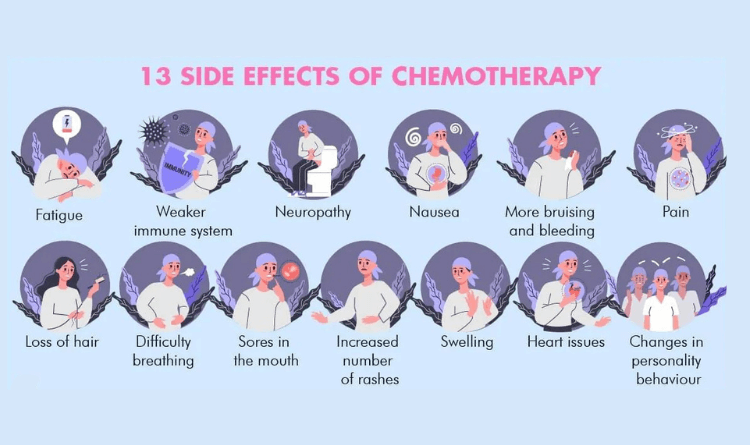
During chemotherapy treatment, the following side effects are commonly observed:
- Mucositis (inflammation of the lining of the digestive tract)
- Nausea
- Vomiting
- Diarrhea
- Constipation
- Loss of appetite
- Alopecia (hair loss)
- Myelosuppression (decreased production of blood cells, hence also immunosuppression)
- Fatigue
- Mouth sores
- Weight loss
- Skin and nail changes
Why Choose India for Chemotherapy?
- Top Hospitals: India has some of the best medical care facilities and services in Asia, making medical tourism in India very popular. The hospitals in India provide all types of cancer-related surgeries using advanced technology.
- Comprehensive Treatment: The hospitals in India provide appropriate comprehensive treatment, including comprehensive preoperative evaluations, minimally invasive surgical options, and post-operative rehabilitation programs. Patients can expect personalized treatment, individualized attention, and compassionate care at these medical facilities.
- Quality certificates and accreditations: The hospitals are accredited by top international organizations such as the National Accreditation Board for Hospitals and Healthcare Providers (NABH) or the Joint Commission International (JCI).
- Affordable Prices: Chemotherapy cost in India is much cheaper than in other states or nations worldwide. An international patient can expect to pay 50-60% less for Chemotherapy in India.
- Expertise and Experience: The knowledge and experience of Indian Oncologists are well-known. Top Oncologists in India have extensive training and a proven track record of success.
Top Oncologists in India Providing Chemotherapy
- Dr. Ashok Vaid: He is a renowned Medical Oncologist with over 35 years of experience. He specializes in treating organ-specific cancers, Leukemias in children, and Lymphomas.
- Dr. Vinod Raina: He is a prominent Medical Oncologist with over 37 years of experience. His primary interest is Lung Cancer, Prostate Cancer, Breast Cancer, Concurrent Bio - Radiotherapy for Head and Neck Cancers, Pediatric Chemotherapy, etc.
- Dr. Ankur Bahl: He is a renowned Medical Oncologist with experience of over 14 years. He offers treatment for Multiple Myeloma, Lymphoma, Breast and Lung Cancer, Gastrointestinal tumors, Gynecological Tumors, Head, Neck, and Brain Tumors, and Bone Marrow Transplantation.
- Dr. Pramod Kumar Julka: He has over 43 years of experience as a renowned Medical Oncologist. His interests are Cancer care/oncology, Bone marrow transplant, Breast cancer, Blood Cancer, Gastrointestinal Oncology, Gynecologic Oncology, Hematology oncology, and more.
- Dr. Sandeep Goyle: He is a medical oncologist with over 17 years of experience. His expertise lies in Solid tumors, Lymphomas, Breast Cancer, Head and Neck Cancer, Lung Cancer, Cancers of the Urogenital tract, Testicular tumors, Brain tumors, etc.
In Conclusion
The collaborative efforts between healthcare providers, researchers, and policymakers have led to the development of tailored chemotherapy regimens, considering the specific genetic makeup of tumors and individual patient characteristics.
This personalized approach to treatment has shown promising results in enhancing the efficacy of Chemotherapy while minimizing its side effects.

